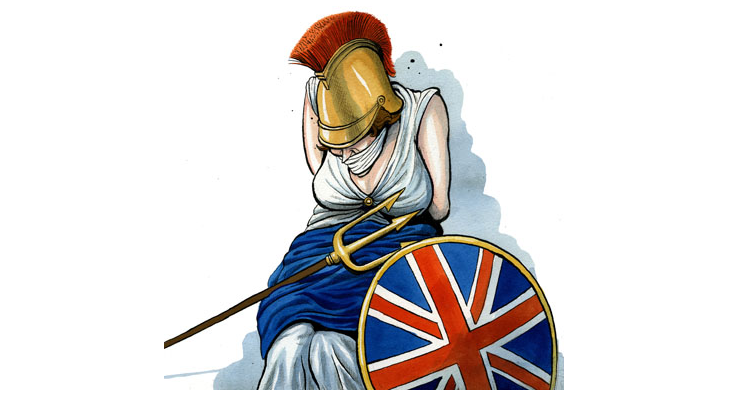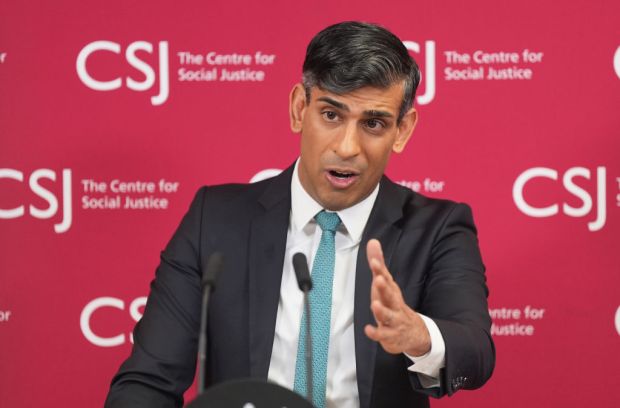When a top Edinburgh school announced earlier this month that it would stop teaching To Kill a Mockingbird, citing the novel’s ‘white saviour motif’ and use of the n-word, the response ranged from uproar to bafflement.
We may be living in increasingly censorious times, it seems, but banning books, even just on a school’s curriculum, still has a bad smell around it.
Well, perhaps not for much longer. In an alarming new poll, conducted for The Spectator by Redfield and Wilton Strategies, 40 per cent of respondents said they supported the UK government censoring books with content that it deems sexist, homophobic or racist. Just 30 per cent were opposed while 24 per cent would neither support nor oppose it.
Presumably the British public won’t be clamouring for books like Harper Lee’s classic to be cancelled — not least because To Kill a Mockingbird is actually an anti-racist book, a detail that seems to have escaped the philistines who work at Edinburgh’s James Gillespie’s High School. But it seems that a clampdown on other, properly ‘hateful’ books might enjoy a level of public support.
Here we see that racism, sexism and homophobia have replaced dusty old concepts like blasphemy and obscenity as the great taboos of our age. In a sense, of course, that’s no bad thing. Morally, to most people’s minds, it’s entirely fine to take the mick out of religion, while being a massive racist is definitely not.
But the point is that, whether we’re talking about Lady Chatterley’s Lover or Mein Kampf, a book shouldn’t be banned just because we disapprove of it — even if we violently hate what it says. It’s a simple point, but apparently it needs restating.
Part of the problem with standing up to the censorship of art and literature today is that — outside of the easy cases — those who might previously be relied upon to join you are often missing in action. Sometimes they’re even on the other side these days.
When Harry Potter books were being burned by fundamentalist Christians in the US in the early 2000s, the publishing world mocked and criticised them. Now that J.K. Rowling has been accused of ‘transphobia’ — for daring to believe in biological sex and women-only spaces — such people are nowhere to be seen.
Staff at one of Rowling’s publishers even threatened to down tools on production of her new children’s book over her views. Harry Potter book-burnings have also made a comeback — only this time it’s trans activists setting them alight on TikTok.
Another problem here is the law, and the tone it sets for the rest of society. Hate speech of various kinds is illegal in this country. So perhaps it isn’t so surprising that people see top-down state censorship of ‘hateful’ books as entirely legitimate or even desirable.
While the excesses of wokeness have helped put free speech firmly on the agenda in the UK, the debate is often a little partial. We argue the toss over the ridiculousness of cancelling feminists for believing that sex is a thing without ever really grasping the nettle — that free speech is for all or it is for none at all.
The government has run into this itself with its crusade for free speech on campus. Gavin Williamson has quite rightly said that universities should be places in which any idea can be aired, even genuinely offensive ones. Sunlight is the best disinfectant and all. But when someone raised the example of Holocaust deniers, his response was essentially ‘well, obviously not them’.
If anything, recent years have given us a harsh lesson in why censoring ‘hate speech’ is a rocky road to go down. One man’s hate speech is another man’s firmly held moral conviction. To most people, J.K. Rowling is a beloved children’s author; to an angry fringe, she is a fire-breathing transphobe — or Satan’s handmaiden. If we concede that speech should be silenced, we cannot control who will be setting the standards.
We might think that we know racism, homophobia or sexism when we see them. But in an age in which those terms are thrown around pretty liberally, there’s no telling who might be swept up in the next cancellation campaign — or fall foul of some future state censor.
It is also high time we took on this odious idea that free speech is the enemy of minorities. The truth is the exact opposite. Free speech exists to protect the minority — whether you’re an ethnic minority or sexual group or those who hold to a minority view. The majority can usually take care of themselves.
If we’re serious about challenging bigotry, then censoring even the genuine bigots is just about the worst thing we could do. Doing so lends hatred glamour and makes understanding, dissecting and challenging it all but impossible for us as a society.
Banning books makes for a fearful, illiberal and ignorant society — not a just, tolerant and enlightened one. We could do with remaking that case, it seems.
Got something to add? Join the discussion and comment below.
Get 10 issues for just $10
Subscribe to The Spectator Australia today for the next 10 magazine issues, plus full online access, for just $10.




















Comments
Don't miss out
Join the conversation with other Spectator Australia readers. Subscribe to leave a comment.
SUBSCRIBEAlready a subscriber? Log in